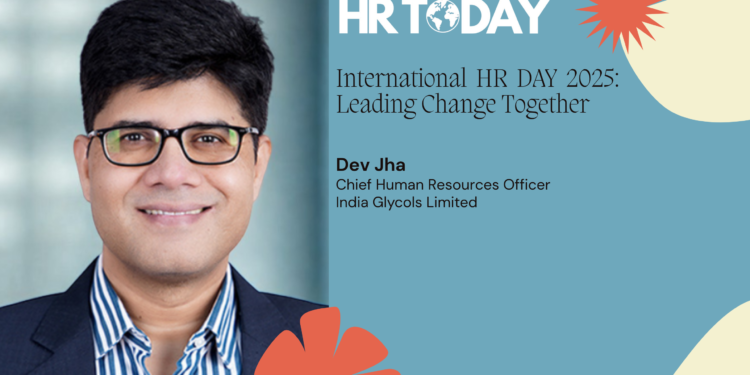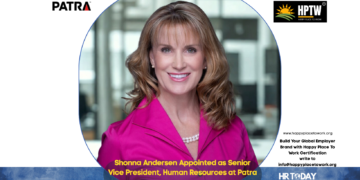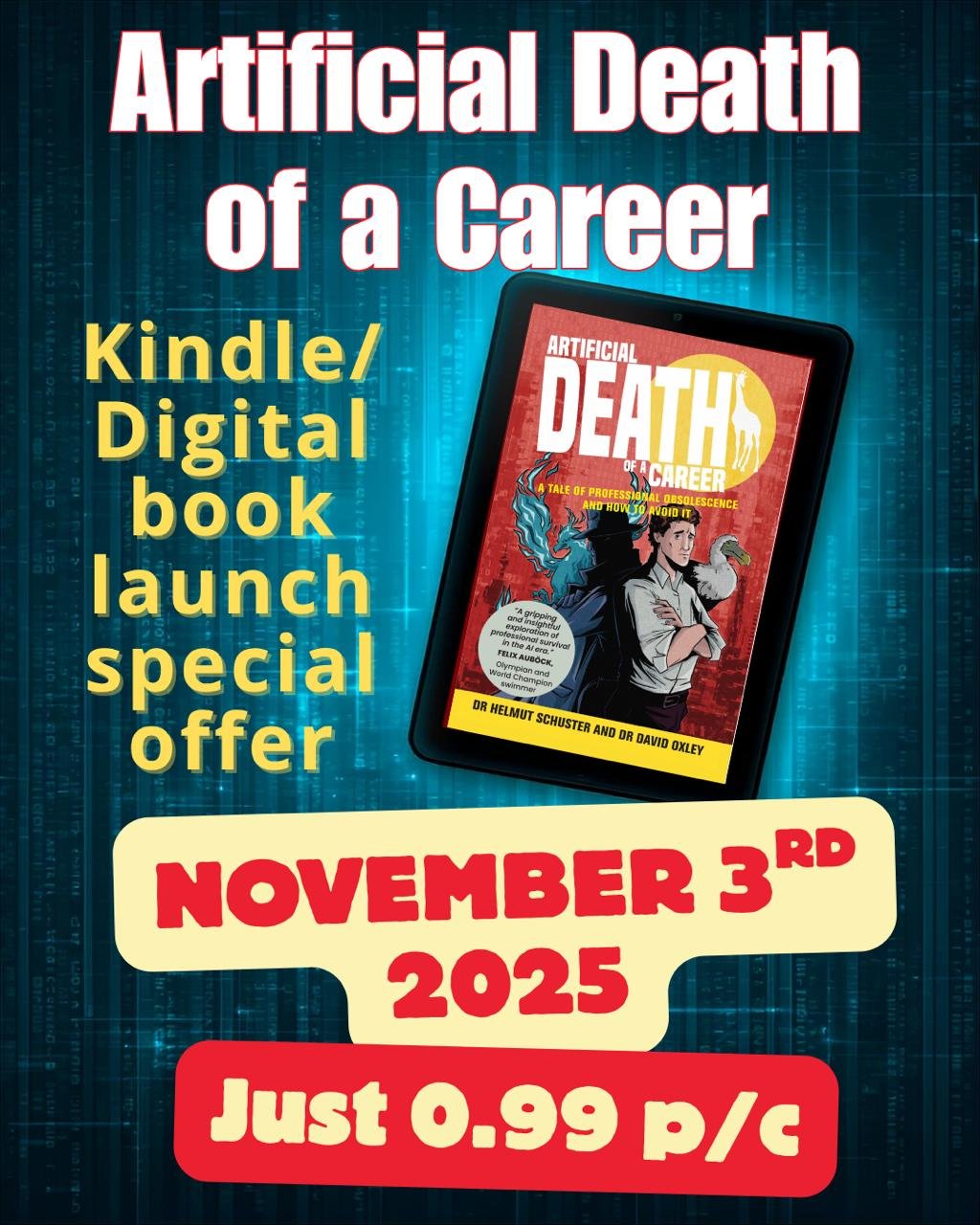In an era defined by rapid change and digital disruption, HR is poised to become the central force driving transformation in the workplace. In this special message for International HR Day 2025, Dev Jha, Chief Human Resources Officer at India Glycols Limited, outlines the future role of HR in enabling innovation, people-centric cultures, and sustainable growth.
1. How do you see the role of HR evolving in the next five to ten years?
In the next 5–10 years, HR will move decisively from being a support function to becoming a key architect of organizational strategy and transformation. As businesses confront accelerated technological disruption, evolving workforce expectations, and socio-economic shifts, HR will be at the forefront — not just managing change, but leading it.
The role of HR will increasingly center around creating adaptive, human-centric workplaces that blend technology with empathy. Data-driven decision-making, AI-powered insights, will shape how we attract, engage, and develop talent — but at the core, it will be about enabling people to thrive.
HR will need to move beyond traditional people management to become enablers of change, driving innovation through people analytics and automation. There will be an increased focus on employee experience, continuous learning, and purpose-led engagement — all while ensuring diversity, equity, and sustainability are embedded across the employee lifecycle..
2. What are the most pressing talent challenges you foresee in the next 5–10 years across different sectors?
Talent challenges will vary across sectors, but some common themes are emerging:
- Skills Obsolescence and Reskilling: With technology changing job roles rapidly, there will be a pressing need for continuous reskilling — especially in manufacturing, BFSI, and IT.
- Talent Scarcity in Emerging Domains: Fields like AI, cybersecurity, green energy, and digital health will face acute shortages of skilled professionals.
- Retention and Engagement in the Gig Economy: As flexible work becomes mainstream, sectors like logistics, retail, and IT will need new engagement and retention models.
- Global Talent Mobility and Compliance: In sectors such as pharma, engineering, and R&D, managing cross-border talent within changing regulatory frameworks will be a major challenge.
- Mental Well-being and Burnout: Across sectors, employee well-being will require sustained focus, especially in high-pressure and service-driven environments.
3. Your message to HR professionals on the occasion of HR Day:
On this International HR Day, I extend my heartfelt appreciation to all HR professionals who continue to shape organizations with empathy, resilience, and purpose.
As custodians of culture and champions of people, we are at the forefront of some of the most meaningful transformations in the workplace. Let’s embrace this opportunity to reimagine work, empower individuals, and lead with humanity. The future of work isn’t just about technology — it’s about people.
Let’s continue to lead the change, together.
Read Also : HR Is Not a Support Function—It’s the CEO’s Most Powerful Growth Engine
The Fine Balance: Navigating Work, Life, and Mental Wellbeing
From Gatekeeping to Gateway Building: Transforming How Organisations Create Access











